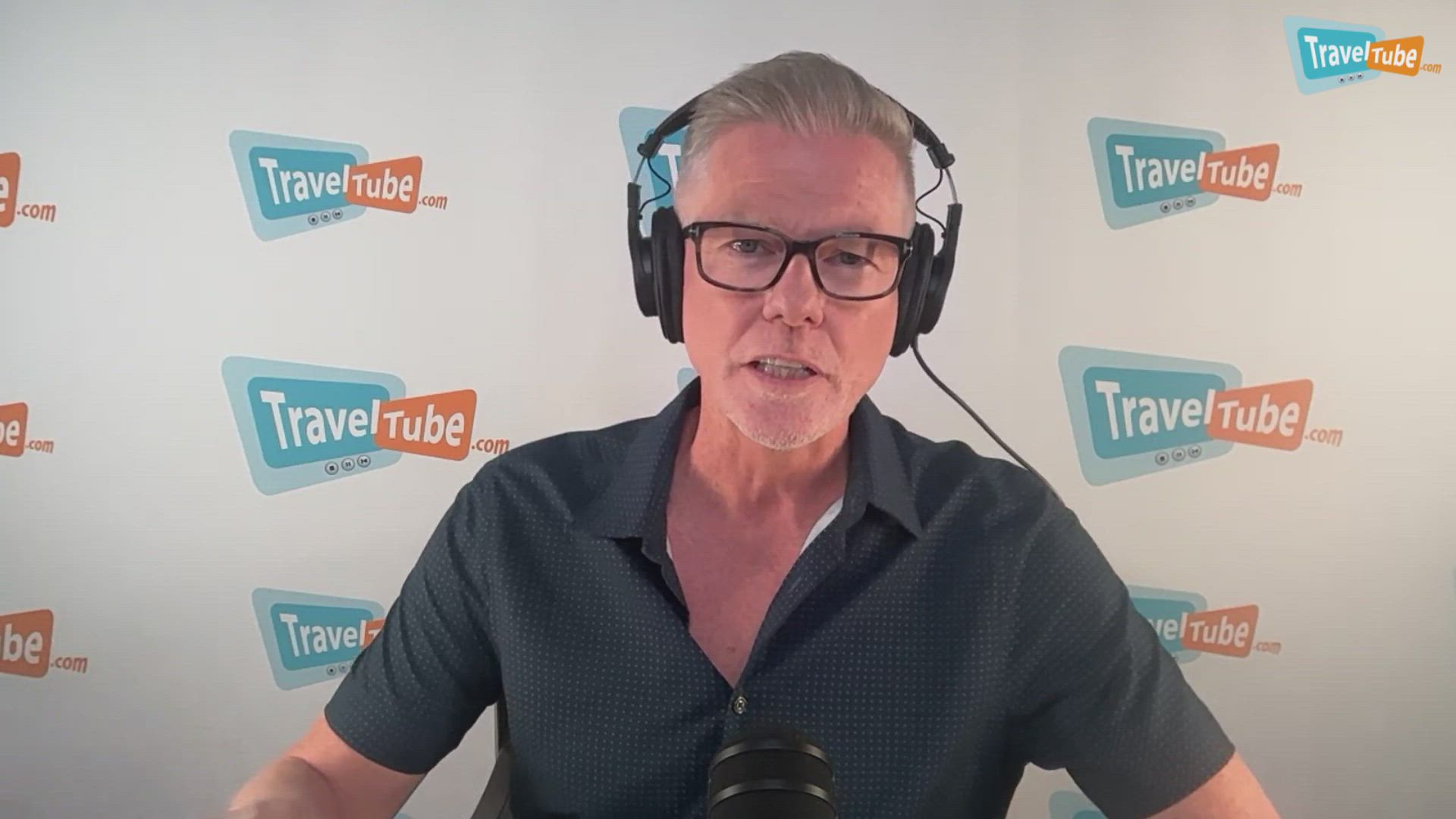(This is the Full Podcast which is also available on Spotify)
Travel Truth: How Media Sensationalism Affects Tourism and Why TravelTube.com Plans to Change the Narrative
By Mark Murphy, Founder of TravelTube.com
Introducing TravelTube.com: A New Voice in Travel Media
After selling my company in 2019 and waiting for my five-year non-compete agreement to expire on October 4, 2024, I'm excited to launch TravelTube.com. This platform aims to revolutionize how travel information is shared within the industry and with consumers.
When you ask travel agents what information sources they trust most, the answer is overwhelmingly: fellow travel agents. As someone who has been the go-to expert for major news networks during travel crises since 2009, I've witnessed firsthand how media coverage of travel events is often sensationalized and lacks proper context.
Too often, I'm called in for damage control after a travel incident has already occurred. By this point, travelers are already in panic mode, making poor decisions based on fear rather than facts. My consistent message during these appearances has always been: "Your best travel app is a human app—it's called a travel agent."
The Mission: Fact-Based Travel Information
TravelTube.com has a clear mission: to provide fact-based travel information without the sensationalism that dominates mainstream media. The travel industry has done a poor job for decades of communicating the value of travel agents to the American public. Despite the travel industry employing one in every ten people either directly or indirectly, there hasn't been an organized global campaign to sell the value of travel agents.
Our platform will interview travel advisors who are continuously on the ground, inspecting properties and destinations. For example, Irene Sager visits Jamaica four times a year, inspecting various properties to ensure they meet her clients' expectations. Mark Hennigan does similar work in Mexico and Hawaii. These are the genuine travel experts whose insights we want to share.
Breaking Down Media Silos
The travel industry is fragmented into silos—agency groups, consortia groups, franchise groups, host agencies, and various associations. TravelTube.com aims to cut through these vertical divisions and gather people from across all aspects of travel to share their knowledge and experiences.
We'll also speak with supplier and destination experts, but with a key difference: while a representative from Sandals Resorts will tell you all about their properties, they won't direct you to competitors. That's where the independence of travel agents becomes invaluable.
Media Sensationalism: A History of Damage
The mainstream media's approach to travel news has been my biggest frustration in this industry. Let's examine several cases where sensationalized reporting caused significant harm:
H1N1 Outbreak (2009)
When H1N1 broke out in Mexico, travel to destinations like Cancun plummeted, with hotel occupancy dropping to as low as 5-10%. Properties were forced to lay off staff and shutter operations, devastating local economies. While in Mexico during this time, I interviewed an American tourist who worked for the State Department—the very agency that issues travel warnings—who recognized the overblown nature of the concerns.
Norovirus on Cruise Ships
Headlines about norovirus outbreaks on cruise ships create the impression of "floating Petri dishes." What the media rarely mentions is that while perhaps 1,500-2,000 cases of norovirus are reported on cruise ships annually, the CDC typically records around 20 million cases on land. You're statistically much more likely to contract norovirus on land than at sea, yet the "floating Petri dish" narrative persists.
Ebola (2014)
When an Ebola case was reported in New York City, tourism to African safari destinations plummeted—despite these locations being 3,000+ miles away from the outbreak's epicenter in Sierra Leone. The geographic disconnect is equivalent to avoiding Los Angeles because of an outbreak in New York, yet the economic consequences for African communities dependent on tourism were devastating.
Dominican Republic Deaths (2019)
When approximately 13 Americans died in the Dominican Republic over a period of time, media coverage suggested something sinister was targeting American tourists. In reality, these incidents had unrelated causes—including a couple who died in a car accident while driving at night (against standard safety advice) and individuals with pre-existing health conditions. Nevertheless, travel to the Dominican Republic stopped abruptly, leading to mass layoffs and a year-long recovery period.
COVID-19 Response
The inconsistent messaging during COVID-19 exemplifies media hypocrisy. In early 2020, complete lockdowns were enforced, with experts warning about the dangers of gathering. By June 2020, over 1,200 health professionals signed a letter supporting mass protests despite COVID concerns. Such contradictory messaging undermines credibility and creates confusion.
Looking Forward
TravelTube.com will release weekly podcasts every Tuesday, featuring interviews with travel experts from across the industry. If you're a travel expert with valuable insights to share, we want to hear from you. Our goal is to create a platform where travel professionals can exchange knowledge and where consumers can find accurate, reliable travel information—not the media hype we've endured for decades.
Visit TravelTube.com or follow @traveltube on TikTok to join our community of travel professionals committed to sharing fact-based travel information.
Mark Murphy is a travel industry expert who has regularly appeared on major news networks to provide commentary on travel-related issues.






